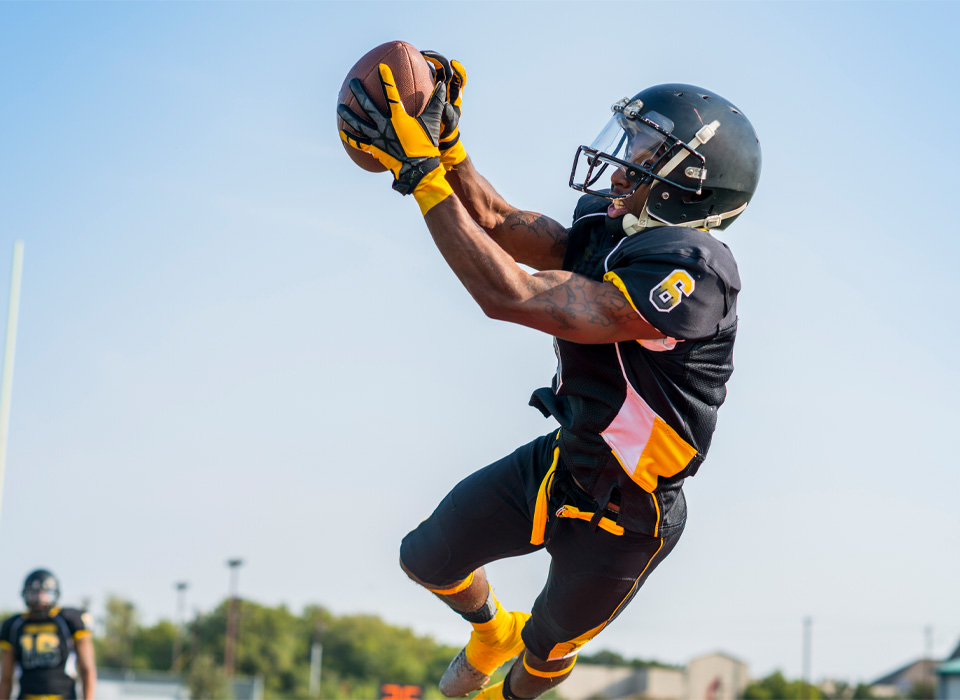Our goal at OrthoVirginia has always been to provide comprehensive musculoskeletal care for our patients. An integral part of sports care today is the management of concussions and post-concussive syndrome. The natural assumption is that concussions are only relevant to our athletic population, however, over fifty percent of concussions occur in a non-athletic setting, including motor vehicle accidents, simple falls as well as work related injuries.
As concussion-related news continues to make headlines, the level of public awareness is increasing consistently. Concussion, by definition, is a mild traumatic brain injury that leads to impairment of brain function with a relatively quick spontaneous recovery.
Symptoms can include confusion, sense of imbalance, feeling foggy, sensitivity to light and noise, emotional instability and loss of consciousness. Loss of consciousness has always been the historic telltale sign of concussion; however, it is only present in fifteen percent of concussions. It is important to remember that concussion symptoms may present and evolve over a period of twenty-four hours, and the lack of symptoms initially should not lead us to dismiss the injury.
The first line of defense has always been the parents and the athletic trainers, as watching the athletic event and observing the athlete is paramount to make the appropriate diagnosis. Once a concussion is confirmed or suspected, it is imperative to act. The safest course of action is withdrawing the athlete from the sport unless a trained medical professional is present on the sidelines and able to rule out a concussion.
The vast majority of concussions in our school and college-aged patients resolve on their own with proper rest within the first 2 to 3 weeks; however, if symptoms persist past the initial phase concern over post-concussive syndrome arises. Treatment at this stage is in the form of vestibular therapy, return to learning at school, and could sometimes require further neuropsychological testing. In our young group of athletes and healthy adults, full recovery is the goal and is almost always attainable. Every patient is different and the more complicated it gets when the patient’s history has multiple concussions, history of migraines, learning disability, or psychiatric disturbances. In OrthoVirginia Lynchburg, we have put together a comprehensive team and consultation service that provides care for our most complicated cases, as well as our self-limiting concussion cases. Everything starts with a comprehensive examination in the office by the sports medicine physician with ImPACT testing to make the determination of the necessary medication and referrals; this includes vestibular therapists, neuropsychiatrists, neuro-ophthalmologists and speech therapists.
As a concussion specialist, my goals are to help the patients heal, maneuver school or work situations and minimize disruption of their lifestyle as much as possible. If you have sustained a concussion recently, or feel that you are still experiencing concussion symptoms from a remote injury, feel free to contact our Lynchburg office at 434-485-8500.
